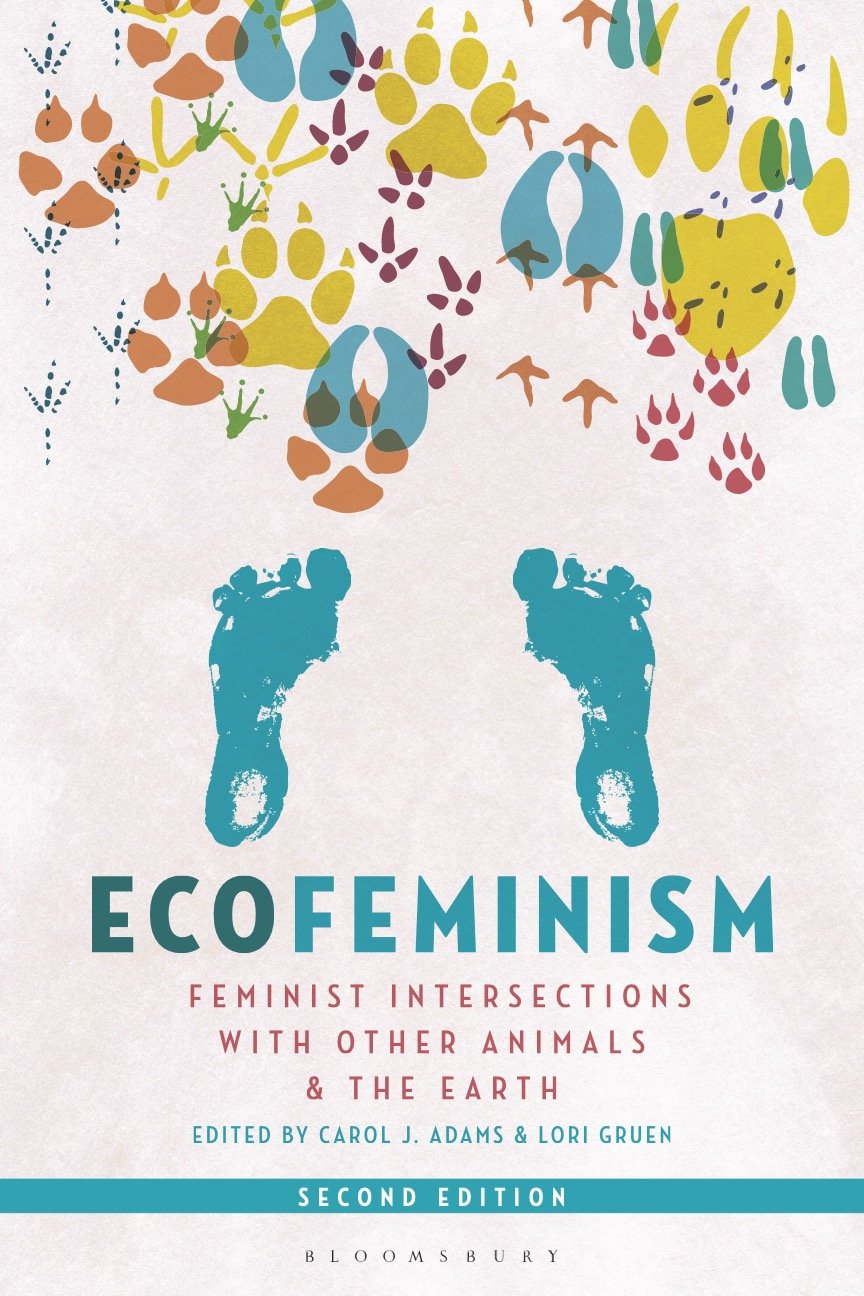The feminist ethics of care
An alternative approach to the language of rights and ulitarianism exists for exploring our relationships with and responsibilities to the lives of animals. It is the feminist ethics of care. In “Ecofeminism Footings,” Lori Gruen and I explain the feminist ethics of care:
Part of the decolonizing work that ecofeminists are doing is to look for new grounds for ethical and political engagement. Many ecofeminists who focus on our relationships with other animals lean toward a version of care ethics. The feminist care ethics tradition rejects abstract, formalistic, universalizing normative principles in favor of situational, contextual ethics, allowing for a particular understanding of a situation. Care ethics recognizes that most humans and animals operate within interdependent, ecological support systems, as opposed to the more detached, individualism prominent in other ethical theories.
Care ethics attends to relationships, including relationships of power, in contrast to standard ethical discourse that by and large ignores structural concerns. An ethics of care focuses on the particularity of caring relation- ships, informed by difference in context, as well as the racial, economic, ethnic, cultural, and differently gendered experiences of individuals and those they care for. That the theory was developed by women as an alter- native to what looks like detached, alienating theories, in a social context in which gender is assumed to be binary, may have lent a certain insight to the theory, but it isn’t a “feminine” theory or a “woman’s ethic.” Though thought by its critics to privatize or personalize responses to injustice, the feminist care ethics approach recognizes the distinct perspectives of individuals while developing a more comprehensive analysis of their situations. By attending to the specific contexts in which systems of power operate, the feminist care tradition, like all ethical traditions, is concerned with justice in conditions of injustice. Ironically critics who believe care is distinct from justice issues, don’t assume that those concerned with justice lack care.

